This post contains Amazon affiliate links to a book we have read, reviewed and recommend.
There are three really big reasons that Flexible Dieting by Alan Aragon qualifies as the best new book published in years about what to eat for an optimal physique and athletic performance, and it’s a must read for anyone confused or frustrated by conflicting diet information.
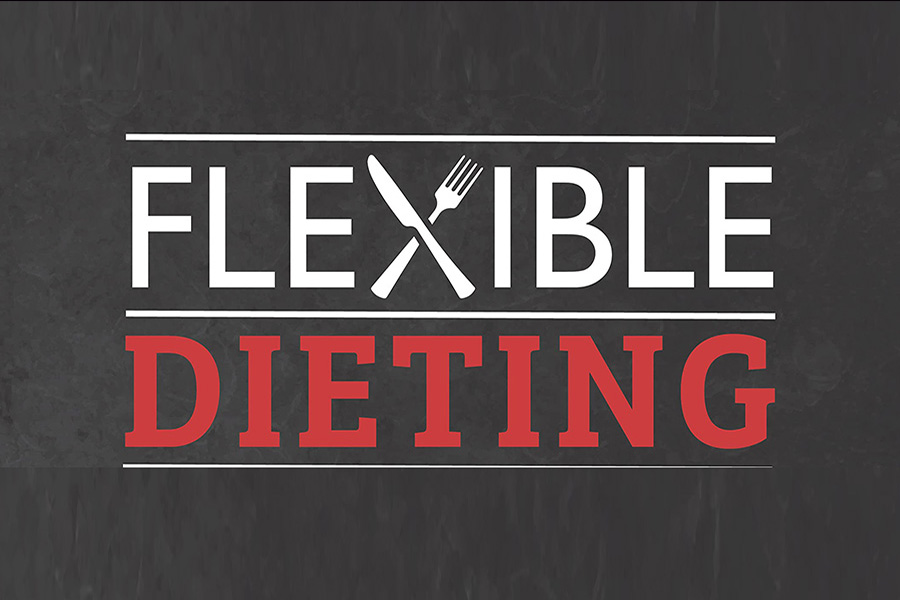
First, flexible dieting could not be a more important subject to make a central theme. Flexible dieting is not a specific diet, it’s one of two types of dietary control.
The other type is rigid dieting, an all or nothing (dichotomous) approach. Rigid dieting often involves naming good and bad foods (moralizing) and setting non-negotiable rules. Research shows that rigid dieting is associated with unproductive behaviors (including bingeing), unhealthy attitudes, and relapse.
Flexible dieting involves no black or white thinking, allows room for discretionary foods for weekly or even daily treats (nothing forbidden), gives freedom of meal schedule, and even freedom to be more or less strict based on the goal. The flexible approach leads to better adherence, better results, and better mental health.
Second, the Flexible Dieting book is evidence-based (scientific). This is rare in the diet business. Almost all mainstream diets are full of misinformation and even downright quackery. Truly evidence-based books have been sorely needed and are worth their weight in gold. Alan Aragon goes a step further by not only giving scientifically correct nutrition guidance in the book, but also teaching scientific literacy. That includes how to spot pseudoscience, how to find and read research, and how to reconcile conflicting studies.
Third, Flexible Dieting teaches individualization. Almost all trendy diets try to convince you that there’s only one best way, whether that’s cutting carbs, restricting the times you eat, eating only plants, eating only meat, or only eating what was hunted and gathered by our caveman ancestors. The science behind Flexible Dieting reveals this isn’t true. There’s no single diet that’s best for everyone. Aragon explains that it’s imperative to custom tailor your eating plan so it suits your goals, your schedule and your personal preferences, and then shows you how to do it step by step.
After explaining flexible dietary control in chapter 1 and scientific literacy in chapters 2 and 3, the book teaches nutrition program design and customization. You learn about macros (protein, carbs and fat) in chapters 4, 5, and 6. Chapter 7 covers supplements. (Spoiler: There’s no magic fat loss pill, but a handful of supplements might help with training performance). Chapter 8 covers setting calories and specific macro targets, and chapter 9 covers adherence, breaking plateaus, and maintenance.
Everything in Aragon’s Flexible Dieting book is backed by science and set in the context of flexibility and individualization. The information on individualization is powerful and practical. As evidenced by self-determination theory, when people are given the competence and autonomy to individualize their own diets, that not only boosts adherence, it’s also the key to intrinsic motivation.
At this stage in the evolution of the diet and fitness industry, some people may wonder if there’s anything new to be said today that would justify buying yet another book. There is. Everyone could learn something new by reading Flexible Dieting, even the already science-savvy. In fact, those interested in cutting edge nutrition science would be the prime audience for this book. Even well-worn subjects like macros and calories are discussed through the lens of the latest studies. (And the newest way to set macros is better than the old way with purely percentages).
Also, the level of nuance is impressive. For example, there’s no single prescription given for protein. The protein chapter explains how the optimal protein amount can be dramatically different for different demographics, and different for people in severe caloric deficit versus at maintenance or surplus calories. Brand new concepts like protein hyperfeeds are also introduced (I heard it in this book first).
You also get updates (and in some cases changes to old recommendations) on hot topics like non-linear dieting, carb refeeds, diet breaks, and pre/intra/post-workout nutrition, and cheat meals all based on new science. Even “cheat meals” are handled scientifically – they’re known as “hedonic deviations” in the research literature. (Dwayne “The Rock” Johnson is included as an entertaining case study).
I purchased the kindle version. It was professionally designed and formatted well for easy reading. IT also included hyperlinks to online resources and to the science references in the back. It’s hefty at 468 (kindle) pages (plus 83 more of references), but I zipped through it the same day I got it in a couple of long sittings. The print version appears to be only about 300 pages, and I’m getting a copy of that too because I know I’ll be using this as a reference guide for scientific studies in the future. There are chapter summaries and a final summary at the end. This way if you want to get the gist of one chapter or the entire book in minutes, you can. That was a great addition for such a large volume.
Flexible Dieting is detail-dense and very heavy on science but keeps a fairly conversational tone. (Doesn’t read like a full-blown academic journal). There’s even some well-placed humor (like Alan’s bodyfat rating description chart). That makes this book good for a layperson as well as a research enthusiast. The range of material also covers the bases for experience levels from first-time dieter to competitive bodybuilder.
For nutrition research nerds and for anyone interested in the newest science of sensible and sustainable dieting for physique transformation, this is a must-read. Don’t even hesitate to buy. For beginners and people not into research yet, this book will probably feel like very heavy reading with so much science referenced. However, it’s worth the effort to study material like this and become scientifically literate.
Learning from a book like Flexible Dieting written by an experienced evidence-based researcher and educator like Alan can help free people from wasting more time and money on countless fad diets. It will also help people master the art of customizing a plan and making it your own so you can stick with it, maintain your results, and still enjoy the occasional indulgence.
You can get either the print or kindle edition of Flexible Dieting by clicking here: https://amzn.to/3NrHb5p
Disclosure: Burn the Fat Blog posts may use affiliate links to third-party websites and online stores such as Amazon. When readers purchase a product or book, we may earn a small commission at no additional cost to the reader, which helps support our blog / website. We only recommend and link to books or products we have reviewed and recommend. However, even though we may endorse a book, always do your own due diligence when making a purchase from any third party website. Order from Amazon here

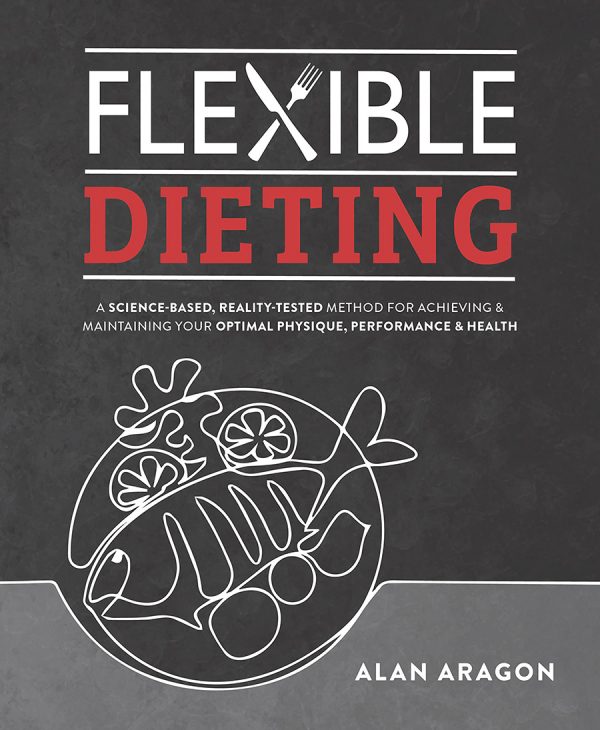
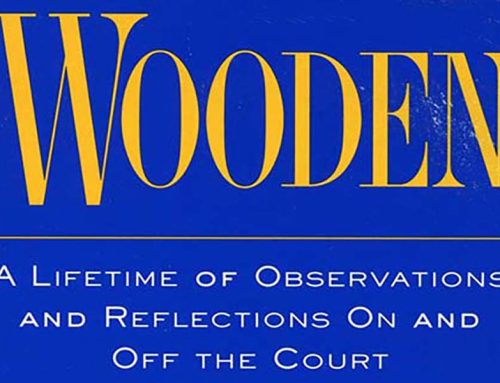
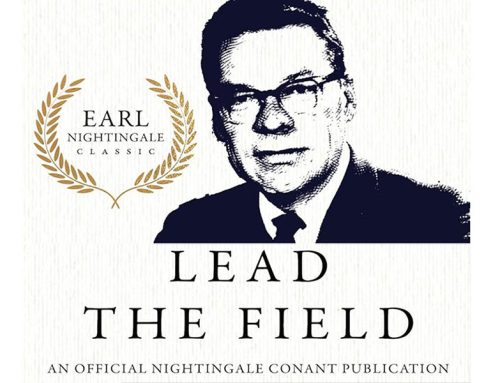
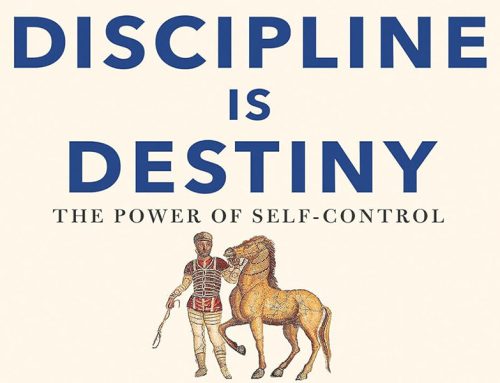
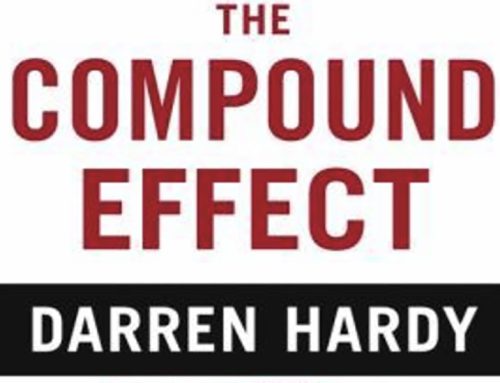
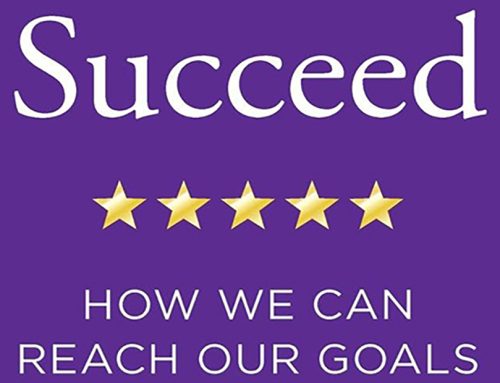
Leave A Comment